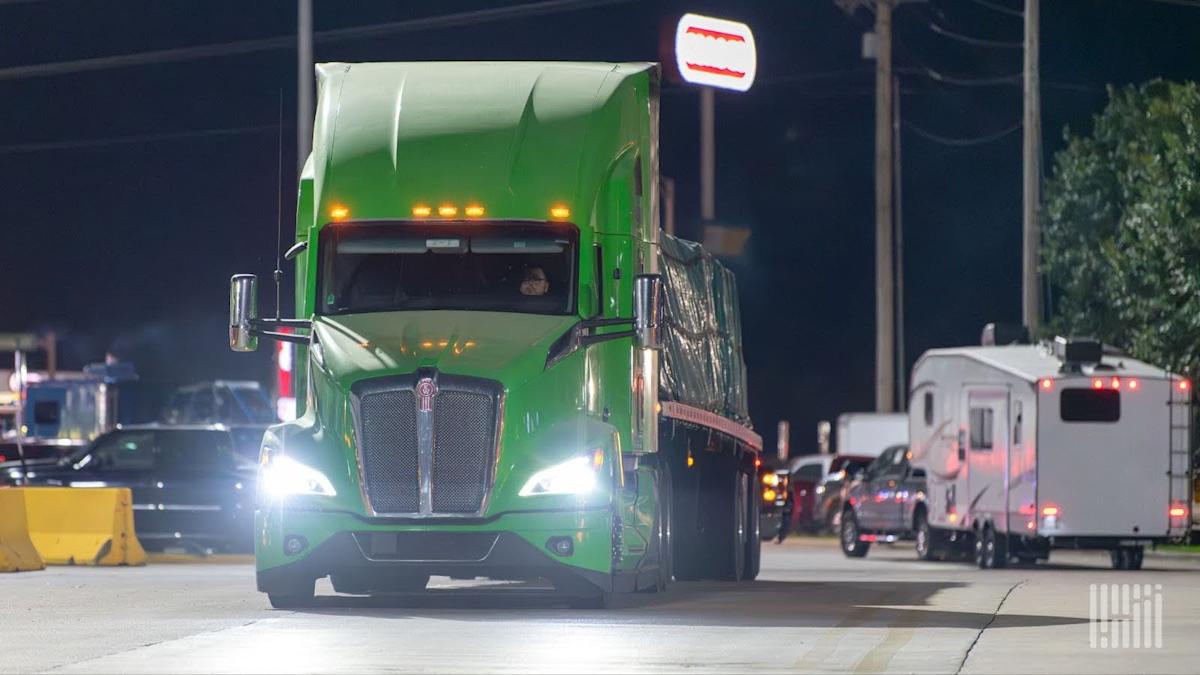You can’t avoid paying for fuel. But the truth is, many small carriers are bleeding thousands each month because they’re not controlling the two things they can control:
Everything else—load rates, lane volatility, repair costs—is a roll of the dice in this market. Fuel? That’s your game to win or lose.
So today we’re breaking it down. Real math. Real examples. Real choices.
Let’s say you fill up 120 gallons per stop for easy math purposes, and you’re stopping 2x per week. That’s 240 gallons per week. Now here’s the split:
Fuel StationPrice per GallonWeekly Fuel Cost (240 gal)
Let’s talk MPG. Specifically, what it costs you when it drops. Here is where you must know your truck. Below is just an example. Some trucks at 62 mph can get over 8+ MPG. But let’s look at the calculated difference in an example between the two economies.
Example:
SpeedMPGWeekly MilesGallons UsedWeekly Fuel Cost (@ 33.79)
Difference: $372/week
Annualized: Over $19,000 per truck per year
That’s just one truck. Speed and specs matter — the math will always spell it out for you if you focus on it. Drag, idle time, and throttle discipline are all potential silent killers of your profit.
Some of y’all are pushing the same MPG expectations across all trucks like they’re identical.
They’re not.
If you’ve got a truck with a 3.55 rear, no APU, and pulling 43,000 lbs coast to coast, don’t expect 7.5 mpg by default.
Final drive ratio matters. So does tire size. So does whether you’re aerodynamic or not. There are a LOT of factors that are part of it.
You don’t need to become a diesel tech, but you do need to know that:
Your average load weight
Typical terrain
Your gear ratio
Your cruise speed
… all combine to determine what your fuel curve should look like. You can’t improve what you don’t measure.
The biggest misconception out here is that “fuel is just part of the game.”
That’s like saying “taxes are just part of the game”—until you learn how to write off expenses and use deductions to improve your standing.
Fuel is the same way. The small fleets winning today are treating fuel as a strategy, not a sunk cost.
Story Continues
